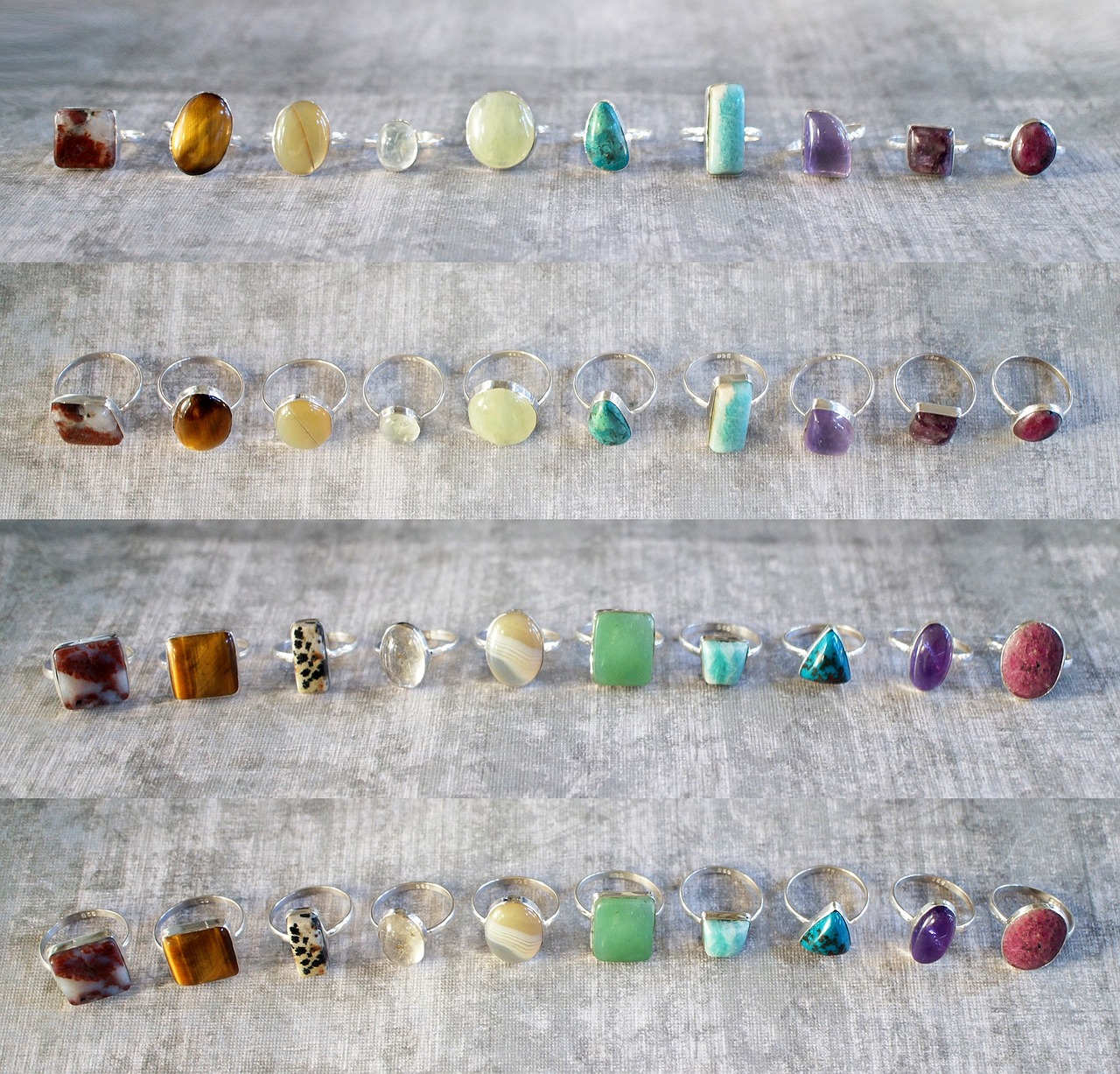Strategies for Boutique Fashion Brands to Implement Diversity Initiatives: World7, Mahadev book login, Silverexch
world7, mahadev book login, silverexch: Strategies for Boutique Fashion Brands to Implement Diversity Initiatives
In today’s globalized society, diversity and inclusion have become essential components of a successful business strategy. For boutique fashion brands, embracing diversity not only fosters a more inclusive environment but also opens up new opportunities for growth and innovation. In this article, we will explore various strategies that boutique fashion brands can implement to promote diversity within their organizations.
Understanding the Importance of Diversity in the Fashion Industry
Before delving into specific strategies, it is important to understand why diversity is crucial in the fashion industry. In a world that is becoming increasingly multicultural, consumers are looking for brands that reflect their own diverse experiences and perspectives. By embracing diversity, boutique fashion brands can better connect with their target audience and create products that resonate with a broader range of customers.
Furthermore, promoting diversity within the organization can lead to greater creativity and innovation. When employees from different backgrounds come together, they bring a wealth of unique ideas and insights to the table. This diversity of thought can spark new design concepts, marketing strategies, and product innovations that set a brand apart from its competitors.
Strategies for Implementing Diversity Initiatives
1. Create a Diverse and Inclusive Workforce
The first step in promoting diversity within a boutique fashion brand is to create a workforce that reflects the diverse makeup of society. This means hiring employees from a variety of racial, ethnic, and cultural backgrounds, as well as individuals with different gender identities, sexual orientations, and physical abilities. By fostering a diverse and inclusive workplace, brands can attract top talent from a wide range of backgrounds and perspectives.
2. Implement Anti-Bias Training
To create a truly inclusive work environment, boutique fashion brands should consider implementing anti-bias training for all employees. This training can help raise awareness of unconscious biases and stereotypes that may affect hiring, promotion, and decision-making processes within the organization. By educating employees on the importance of diversity and inclusion, brands can create a more welcoming and equitable workplace for all.
3. Partner with Diverse Influencers and Collaborators
In addition to promoting diversity within the organization, boutique fashion brands can also showcase diversity in their marketing and collaborations. By partnering with influencers and collaborators from diverse backgrounds, brands can reach a wider audience and demonstrate their commitment to inclusivity. This can help attract new customers who appreciate brands that celebrate diversity and representation.
4. Offer Diversity and Inclusion Workshops
Another effective strategy for promoting diversity within a boutique fashion brand is to offer workshops and training sessions on diversity and inclusion. These workshops can provide employees with the tools and knowledge they need to navigate sensitive topics and engage in productive conversations about diversity. By creating a culture of open dialogue and mutual respect, brands can foster a more inclusive and supportive work environment.
5. Support Diversity-Focused Organizations
One way for boutique fashion brands to demonstrate their commitment to diversity is by supporting organizations and initiatives that promote inclusivity in the industry. This could involve sponsoring events, donating to diversity-focused nonprofits, or partnering with organizations that advocate for underrepresented communities in the fashion world. By aligning with these organizations, brands can show their dedication to creating a more diverse and equitable industry.
6. Conduct Diversity Audits
To ensure that diversity initiatives are making a real impact, boutique fashion brands should consider conducting regular diversity audits. These audits can help brands track progress towards diversity goals, identify areas for improvement, and hold leadership accountable for creating an inclusive workplace. By analyzing data on representation, pay equity, and employee satisfaction, brands can gain valuable insights into the effectiveness of their diversity initiatives.
7. Foster Inclusive Leadership
Promoting diversity within a boutique fashion brand starts at the top. Leaders and executives play a crucial role in setting the tone for inclusivity within the organization. By fostering a culture of respect, empathy, and openness, leaders can inspire employees to embrace diversity and work together towards common goals. Inclusive leadership can help create a more collaborative and supportive work environment where all employees feel valued and empowered.
8. Provide Resources for Diverse Hiring
To attract a diverse pool of talent, boutique fashion brands should provide resources and support for diverse hiring initiatives. This could involve partnering with recruitment agencies that specialize in diversity recruitment, attending career fairs and events targeted towards underrepresented groups, or implementing programs to provide mentorship and networking opportunities for diverse candidates. By actively seeking out and supporting diverse talent, brands can ensure that their workforce reflects the rich tapestry of society.
9. Celebrate Diversity in Product Design
In addition to promoting diversity within the organization, boutique fashion brands can also celebrate diversity in their product design. This could involve creating clothing lines that cater to a variety of body types, skin tones, and cultural influences, or featuring models from diverse backgrounds in marketing campaigns. By embracing diversity in product design, brands can appeal to a broader range of customers and showcase their commitment to inclusivity.
10. Measure the Impact of Diversity Initiatives
To gauge the effectiveness of diversity initiatives, boutique fashion brands should set clear goals and metrics for measuring progress. This could involve tracking key performance indicators such as employee diversity statistics, employee satisfaction scores, and customer feedback on inclusivity. By regularly monitoring and evaluating the impact of diversity initiatives, brands can identify areas for improvement and make data-driven decisions to further promote diversity within the organization.
FAQs
Q: Why is diversity important in the fashion industry?
A: Diversity is important in the fashion industry because it allows brands to better connect with their target audience, foster creativity and innovation, and create a more inclusive work environment.
Q: How can boutique fashion brands promote diversity?
A: Boutique fashion brands can promote diversity by creating a diverse and inclusive workforce, implementing anti-bias training, partnering with diverse influencers and collaborators, offering diversity and inclusion workshops, supporting diversity-focused organizations, conducting diversity audits, fostering inclusive leadership, providing resources for diverse hiring, celebrating diversity in product design, and measuring the impact of diversity initiatives.
Q: How can boutique fashion brands measure the impact of diversity initiatives?
A: Boutique fashion brands can measure the impact of diversity initiatives by setting clear goals and metrics for measuring progress, tracking key performance indicators such as employee diversity statistics, employee satisfaction scores, and customer feedback on inclusivity, and regularly monitoring and evaluating the impact of diversity initiatives.
In conclusion, promoting diversity within a boutique fashion brand is not only a moral imperative but also a strategic advantage. By implementing diversity initiatives, brands can create a more inclusive work environment, attract a diverse customer base, and drive innovation and creativity. By following the strategies outlined in this article, boutique fashion brands can set themselves up for success in an increasingly diverse and dynamic industry.







